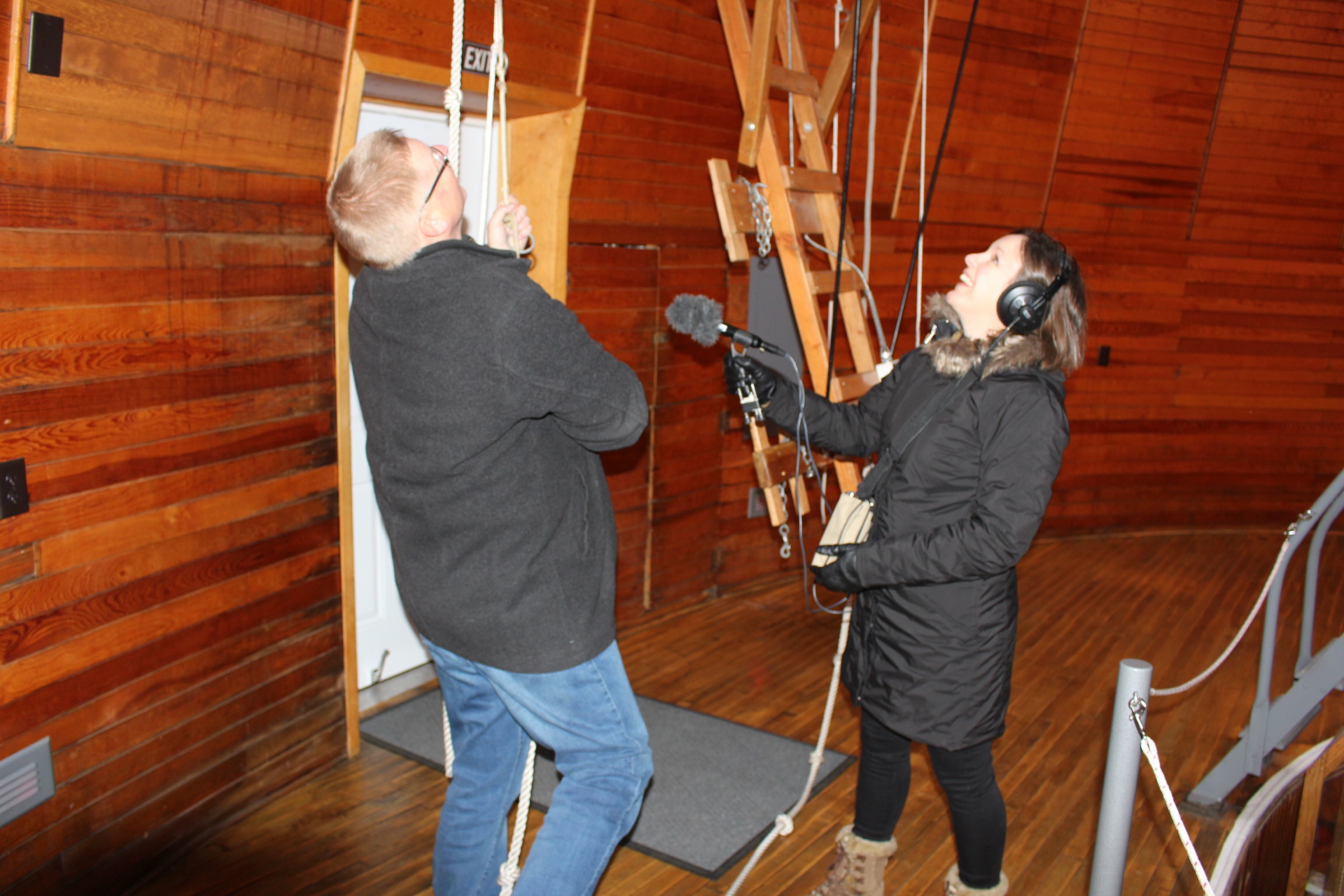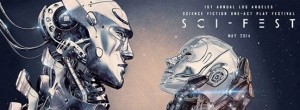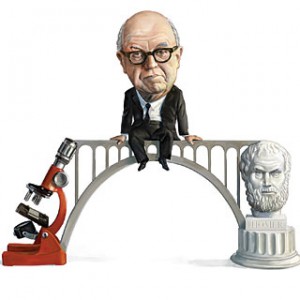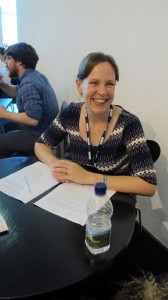

 Over the past year I have been working hard to broker a partnership between the University of Cambridge, the literary charity First Story, and the BBC on the BBC National Short Story Award, the BBC Young Writers’ Award and the BBC Student Critics’ Award. It is wonderful that today we open the call for submissions for the 2018 awards, the first of the three year partnership, with a fantastic line-up of judges.
Over the past year I have been working hard to broker a partnership between the University of Cambridge, the literary charity First Story, and the BBC on the BBC National Short Story Award, the BBC Young Writers’ Award and the BBC Student Critics’ Award. It is wonderful that today we open the call for submissions for the 2018 awards, the first of the three year partnership, with a fantastic line-up of judges.
Stig Abell and Katie Thistleton will chair the 2018 panels of judges for the BBC National Short Story Award and BBC Young Writers’ Award respectively. Abell and Thistleton will be joined by an esteemed group of award-winning writers and poets on their respective panels. For the BBC National Short Story Award: short story writer and 2016 BBC NSSA winner, K J Orr and Granta’s ‘20 under 40’ novelist, Benjamin Markovits, one of last year’s shortlisted writers, returning judge, Di Speirs, Books Editor at BBC Radio, and multi award winning poet and Cambridge alumni Sarah Howe. For the BBC Young Writers’ Award, Thistleton will lead Carnegie Medal-winning YA author and former teacher, Sarah Crossan, celebrated poet Dean Atta, adult and YA author William Sutcliffe and bestselling author, actress, singer and vlogger, Carrie Hope Fletcher.
The BBC National Short Story Award is one of the most prestigious for a single short story, with the winning author receiving £15,000, and four further shortlisted authors £600 each. The shortlisted writers for the BBC Young Writers’ Award will have their stories featured on the BBC Radio 1, Cambridge University and First Story websites, with the winner’s story broadcast on the radio station. In addition, a new initiative, the BBC Student Critics’ Award with First Story and Cambridge University (SCA), will give selected 16-18 year olds around the UK the opportunity to read, discuss and critique the five shortlisted NSSA stories from Easter 2018.
The charity First Story will support the YWA and BBC SCA with further activity that will engage young people with reading, writing and listening to short stories. The University of Cambridge will support all three awards, including hosting a short story symposium at the Institute of Continuing Education on 7th July 2018, and curating an exclusive online exhibition of artefacts drawn from the University Library’s archive, to inspire and intrigue potential entrants of the YWA.
I am delighted that the University has become involved in a partnership that promises so much in terms of supporting and raising the profile of the short story nationally, as well as encouraging the creative and literary ambitions of Britain’s young adults, and helping Cambridge to reach out across the country, raising aspirations and ambitions.
Full details of the 2018 Awards launch can be found here.






